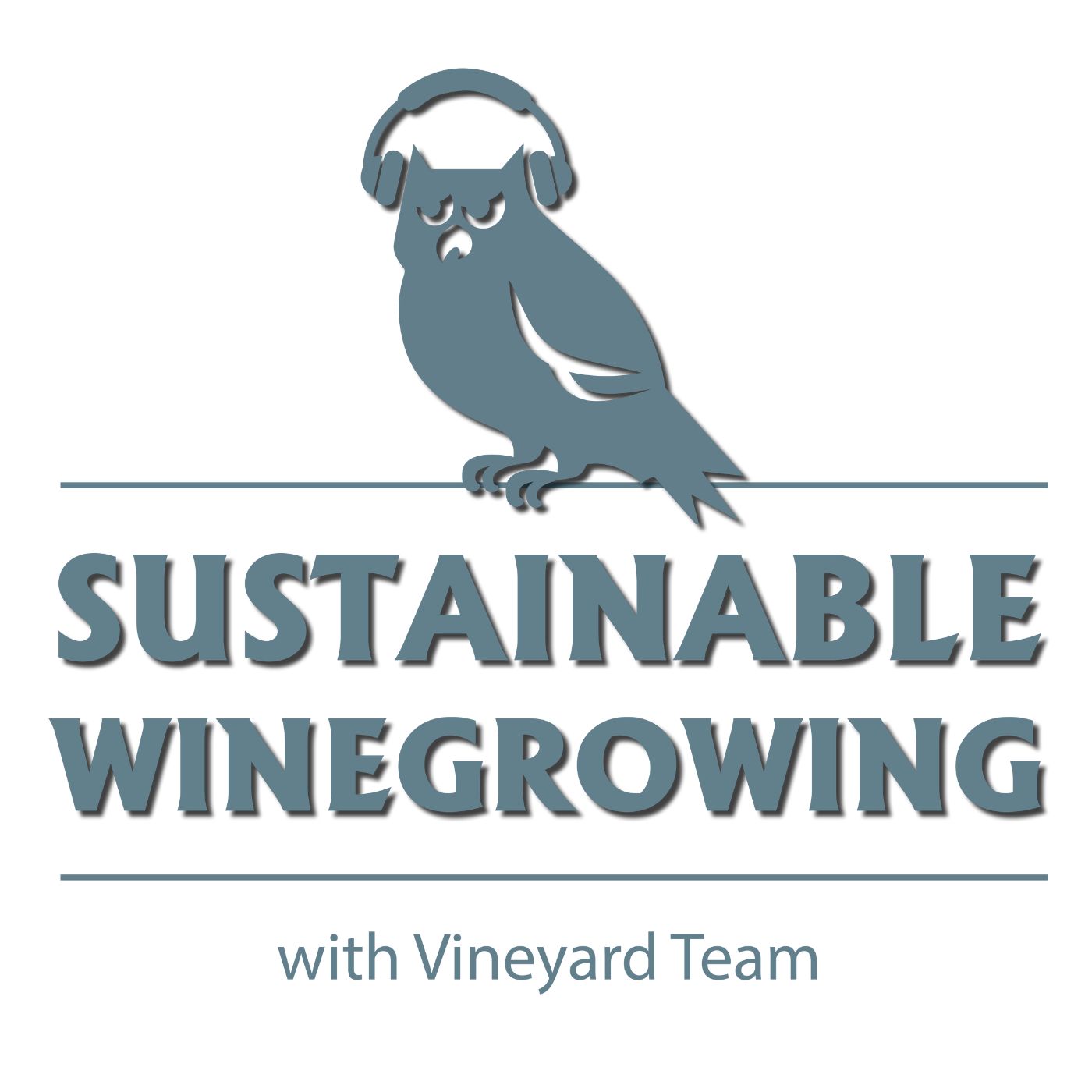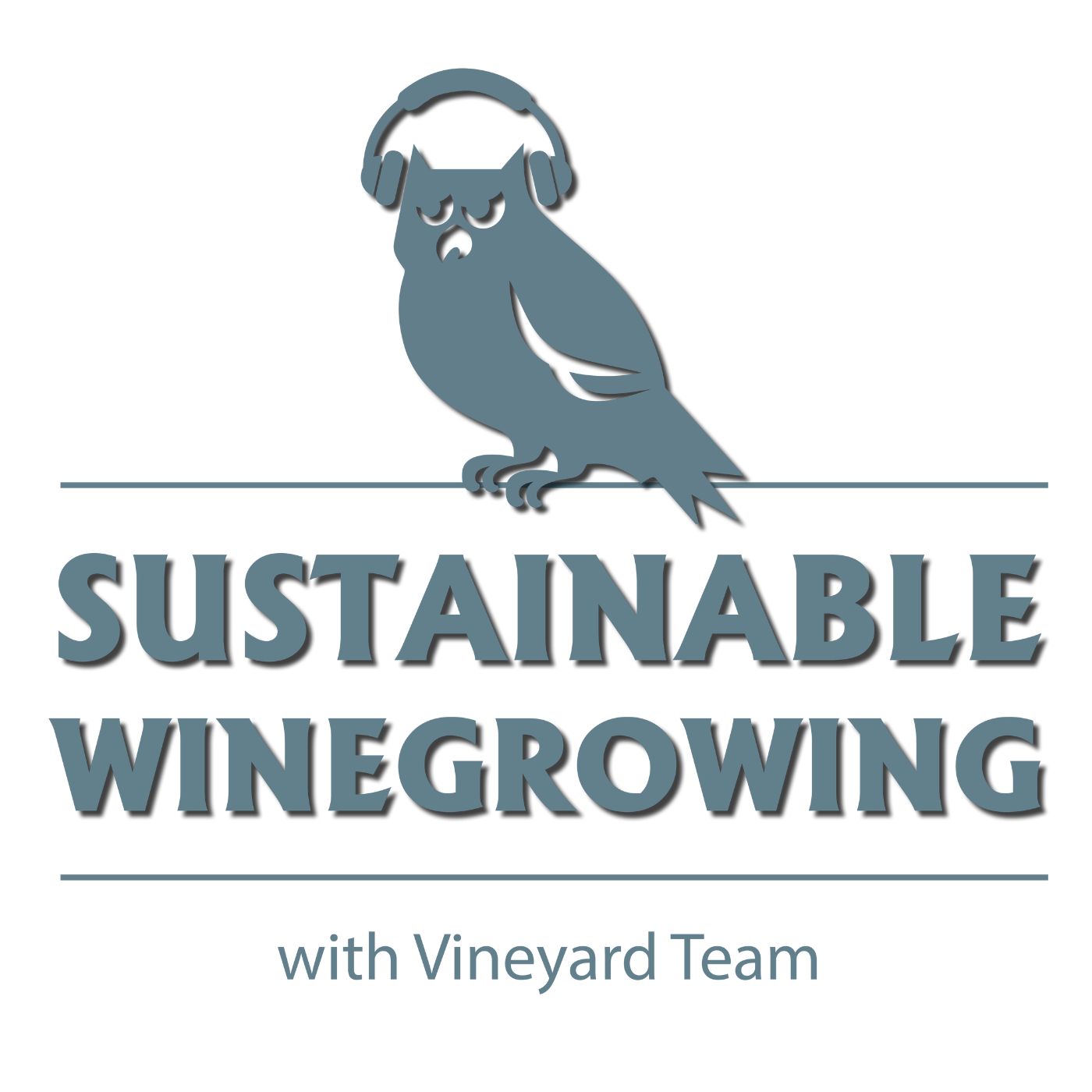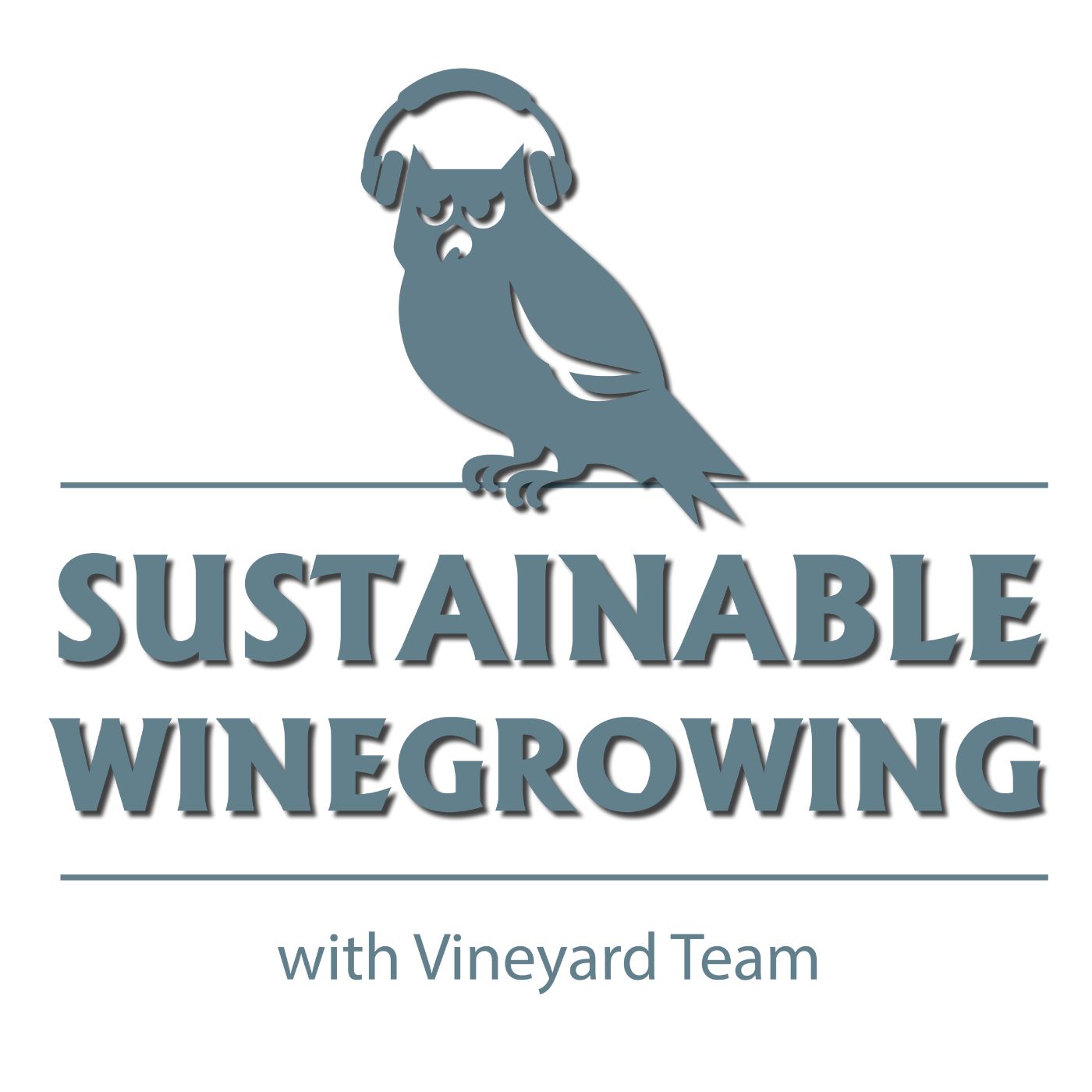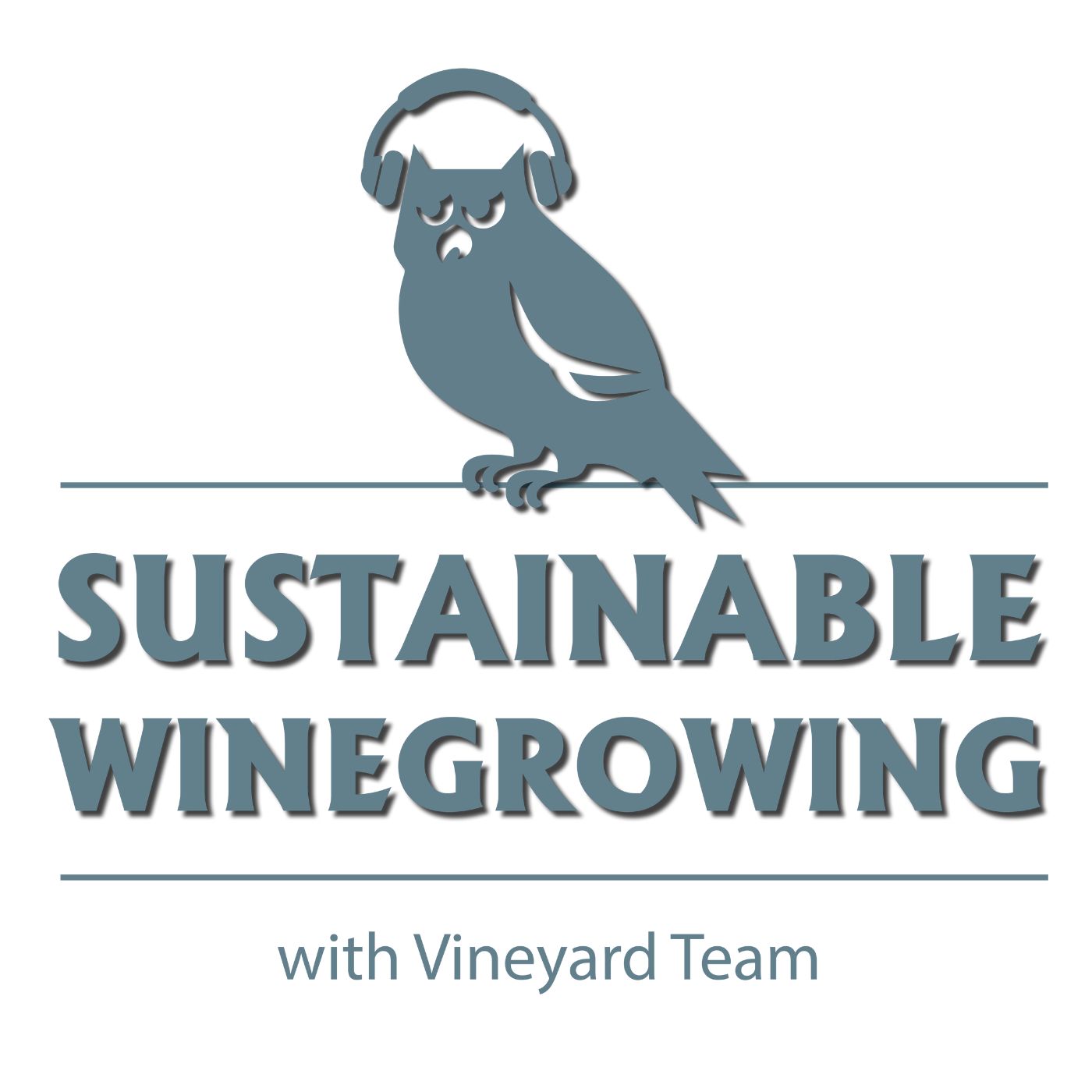241: The Biochar Handbook – How to Make it and Use it in Your Vineyard
Description
For thousands of years, wildfires have produced a byproduct known to improve soil and plant health - biochar. Today, researchers like Kelpie Wilson of Wilson Biochar Associates, Consulting and Manufacturing are learning how to use this form of charcoal for carbon sequestration. Kelpie explains the different stages of combustion, what types of material to include in your burn pile, incorporating biochar into compost, how to use biochar to amend alkaline or acetic soils, and an easy way to remove vineyard wires from your pile.
Resources:
- 56: Conservation Burning and Biochar
- 106: What? Bury Charcoal in the Vineyard?
- 167: Use Biochar to Combat Climate Change
- 215: Biochar Production on a Commercial Scale
- A Case of Biochar Use in Vineyards – Doug Beck
- A magnifying glass on biochar strategy: long-term effects on the soil biota of a Tuscan vineyard
- Biochar Use in Viticulture (US Biochar Initiative webinar link)
- Deep incorporation of organic amendments into soils of a ‘Calardis Musqué’ vineyard: effects on greenhouse gas emissions, vine vigor, and grape quality
- Long-Term Application of Biochar Mitigates Negative Plant–Soil Feedback by Shaping Arbuscular Mycorrhizal Fungi and Fungal Pathogens
- Ring of Fire Biochar Kiln
- The Biochar Handbook: A Practical Guide to Making and Using Bioactivated Charcoal
- Vineyard Field Trial with Biochar and Compost_ 5th Harvest Report
- Wilson Biochar
Vineyard Team Programs:
- Juan Nevarez Memorial Scholarship - Donate
- SIP Certified – Show your care for the people and planet
- Sustainable Ag Expo – The premiere winegrowing event of the year
- Sustainable Winegrowing On-Demand (Western SARE) – Learn at your own pace
- Vineyard Team – Become a Member
Get More
Subscribe wherever you listen so you never miss an episode on the latest science and research with the Sustainable Winegrowing Podcast. Since 1994, Vineyard Team has been your resource for workshops and field demonstrations, research, and events dedicated to the stewardship of our natural resources.
Learn more at www.vineyardteam.org.
Transcript
[00:00:00 ] Beth Vukmanic: For thousands of years, wildfires have produced a by-product known to improve soil and plant health. This is known as bio char. Welcome to sustainable. Winegrowing with the vineyard team where we bring you the latest in science and research for the wine industry. I'm Beth organic executive director. And since 1994 vineyard team has brought you the latest science-based practices, experts, growers, and wine industry tools through both in-field and online education, so that you can grow your business.
Please raise a glass with us as we cheers to 30 years. In today's podcast Craig Macmillan, critical resource manager at Niner wine estates with long time SIP certified vineyard and the first ever SIP certified winery. He speaks with Kelpie Wilson of Wilson, biochar associates consulting in manufacturing.
Kelpie explains the different stages of combustion.
What types of material to include in your burn pile? Incorporating bio char into compost. How to use bio char to amend alkaline or acidic soils and an easy way to remove vineyard wires from your pile.
If you love this topic, then you won't want to miss Josiah Hunt's presentation. Practical applications of pyrogenic, organic material, AKA biochar in vineyards. He shares his expertise at the sustainable ag expo taking place November 12th or 13th, 2024 in San Luis Obispo, California. joy, the perfect blend of in-person and online learning. Speak directly with national experts.
Earn over 20 hours of continuing education and explore sustainable ag vendors. As a listener to this show, you can take $50 off of your ticket when you use code podcast 24 at checkout. Get yours today@sustainableagexpo.org. Now let's listen in.
[00:02:00 ] Craig Macmillan: Our guest, today is Kelpie Wilson. She's the owner of Wilson Biochar Associates, consulting and manufacturing. And as you may have guessed today, we're going to talk about biochar. Welcome to the podcast, Kelpie.
[00:02:08 ] Kelpie Wilson: Thanks. Thanks for having me.
[00:02:11 ] Craig Macmillan: What exactly is biochar?
[00:02:13 ] Kelpie Wilson: Biochar is just charcoal, but it's special charcoal that, uh, you can use in soil or for purposes of carbon sequestration. That's the official definition from the International Biochar Initiative.
[00:02:27 ] Craig Macmillan: And what does biochar do for us in the vineyard?
[00:02:30 ] Kelpie Wilson: Well, it sequesters carbon, so it's a very stable form of carbon. Uh, Carbon comes in a lot of different forms. I mean, we're all made of carbon, and, you know, carbon can be a diamond, which is really stable, or it can be in a sugar, which, uh, you um, oxidized into CO2 pretty quickly. So uh, in is very, in a very stable form um, it's called aromatic carbon, so it's fused carbon rings.
which are the basis of all organic chemistry. biochar is. It's carbon. The thing about biochar and charcoal is that charcoal can have, you know, widely ranging different properties depending on how you make it and what it's made from. And I should add also that uh, in the definition of biochar, For use in soil or for use in carbon sequestration, it needs to be made from organic you know, that is clean.
So there are some environmental kind of limits around it that ensure that it's, it's really contributing to the carbon cycle in a positive way and that we're not making Materials that have, you know, toxics in them that could hurt soil.
[00:03:41 ] Craig Macmillan: So we're introducing carbon in a fairly stable people have told me that the carbon that you put into the soil in the form of biochar could be there for thousands of years, but it's obviously available somehow, or it's involved in the soil microbiome somehow, or it's involved in nutrient cycling somehow.
What are some of the properties that contribute to that soil health component,
[00:04:00 ] Kelpie Wilson: Well, There's there's quite a few. The interesting thing about biochar is that it's naturally present
























